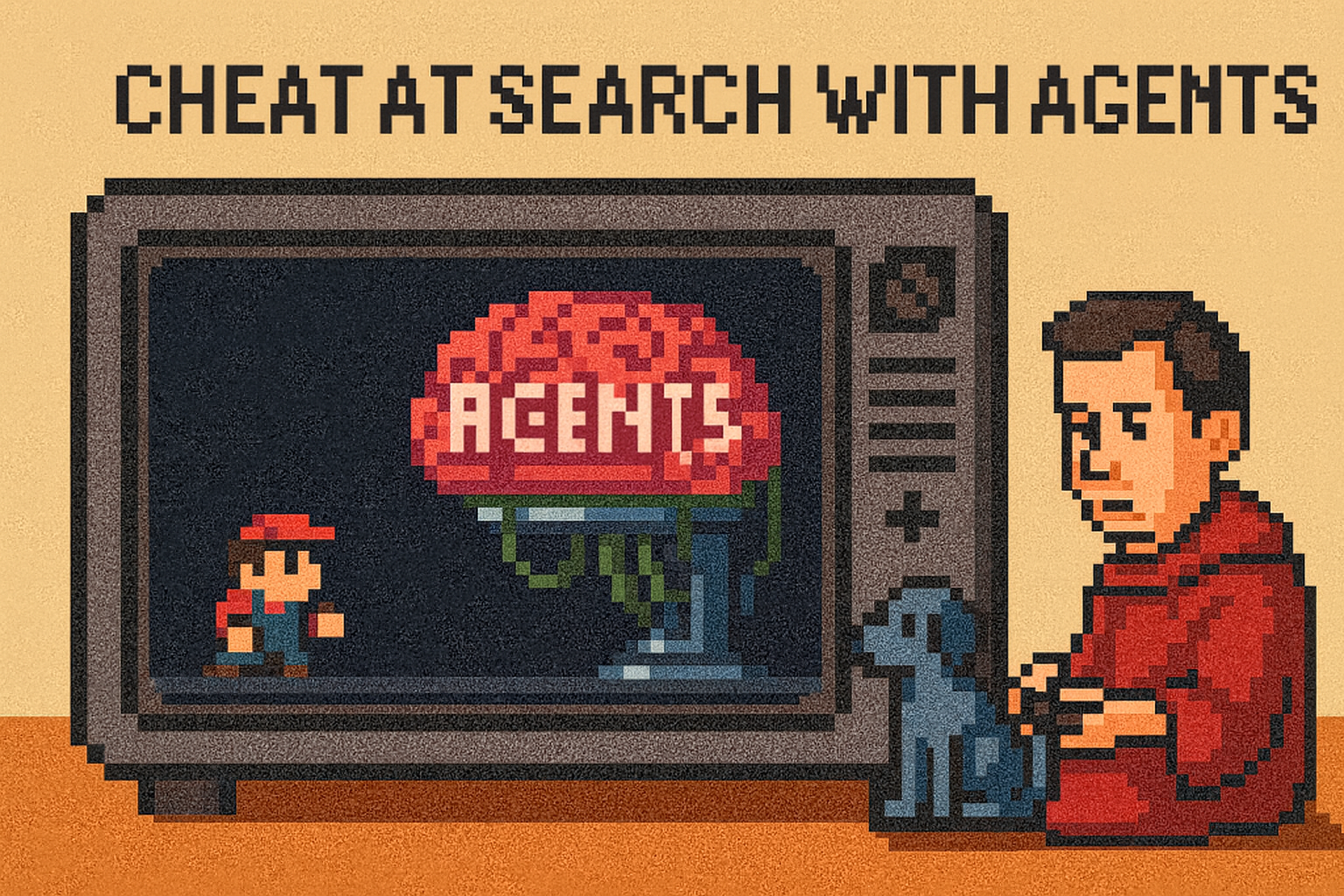As the 2020 US Presidential election grinds on, it makes me wonder if we need to unlearn the idea of a Nation State. The assumption that geographically collocated people share the same core identity and values seems quaint in just about every nation state these days. If we unlearn this increasingly fallacious idea, we might open ourselves up to something new.
I live in a small, Virginia college town, Charlottesville. We share increasingly little in common with people living 30 miles away. With no shared values, not even a shared perspective of what’s true, it makes little sense to share political institutions. We live in different worlds - I bet many Charlottesvillians could navigate the London Tube with greater ease than the streets of nearby Dillwyn or Buena Vista. The interaction between these groups occurs purely on economic lines, often in two parallel economies.
Even more, if you put me in a room with a random Berliner or Londoner, It’s likely we would share a similar positive attitude towards diversity and inclusion. We’d enjoy similar sources of culture and entertainment, perhaps even curious about each other’s weird sports. There’s probably even a greater likelihood we’d discuss political ideas with an open mind. Indeed, I’ve had more conversations about Brexit with a British person than about Trump with a Trump supporter. Increasingly, we have a shared outlook with other educated, urban places around the world. We feel alien to fellow Americans, Brits, or Germans that live a stone’s throw away.
Instead of different nation states, the world’s turning into one big emerging city with a large, vast, global hinterland. With the Internet and easy air travel - Manhattan, SOHO, and Pankow feel like different neighborhoods in the same global city – not identical, but increasingly cut from a similar cloth. All supporting increasingly culturally aligned knowledge workers. Some places (like a college town, or small city) feel less ‘central’ to the emerging one-global-city, similar to an outer suburb. Some places seem much more central (Manhattan?). And certainly the ‘neighborhoods’ I know about are more culturally nearby. But that will certainly change over the 21st century as places (and people) sort themselves closer or farther from the center. (And even in a ‘remote centric’ world, this’ll be true, as we need places with good Internet and comparable social values)
The hinterlands deeply resent the emerging, educated, cosmopolitan one-global-city. Certainty, this had a lot to do with Trump being elected. Fear that a multicultural knowledge economy might trump nation state protected privileges runs deep. This fear underpins much of the anti-intellectualism and anti-immigration extremism in these groups. Notably Trump also seems to evoke a kind of nostalgia about an 80s era strong American nation state and criticizes opponents for supporting “open borders” and not being “true Americans”. This division between one-global-city nation-state-first perspectives goes beyond the US. It’s happening in Poland, Turkey, Germany and just about everywhere.
If we unlearn the nation state, we might begin to see this emerging, new society. Some might be brave enough to embrace it as an explicit, core ideology. This might let us build new institutions centered on this one-global-city. The closest institutions we have right now are heavily globalized tech companies . They explicitly work to build multi-national workforces, heavily aware of the inclusion and multiculturalism needed to pull something like this off. Certainly methods of collaborating in tech, such as sharing code on Github, and participating in common communities also underpins the one-global-city. Social media might provide a kind of hub for the one-global-city (as well as the disaffected).
But there’s reasons to be skeptical too. As the one-global-city develops, it will push more and more marginalized people out to the hinterlands. A one-global-city with aligned / same political institutions is perhaps an educated elite fiction. Or if it exists, it’s not morally superior to a nation state that looks out for all it’s citizens. A one-global-city might turn into a caste society, with upper class tech / knowledge workers and then everyone else. We’ll continue to live in an awkward economic sybmiosis. Like two species that both need and hate each other. Always at low-level of conflict, but not enough to blow out into some massive war.
Maybe, in the end, it’s the one-global city – the globalized, neo-liberal, New World Order that will need to be unlearned. Perhaps, it’s the hinterlands that will tame their elites - attenuating their ability to connect with the rest of the world. Nation states reassert themselves as explicitly anti-intellectual, parochial entities. Sometimes choosing ignorance and isolation to maintain national sovereignty.
Who knows? It’ll be interesting to observe the rest of my life to maybe find out?
Special Thanks to John Berryman for reviewing this post and giving substantive edits and feedback!Enjoy softwaredoug in training course form!
Starting Feb 2!
 I hope you join me at Cheat at Search with LLMs to learn how to apply LLMs to search applications. Check out this post for a sneak preview.
I hope you join me at Cheat at Search with LLMs to learn how to apply LLMs to search applications. Check out this post for a sneak preview.
